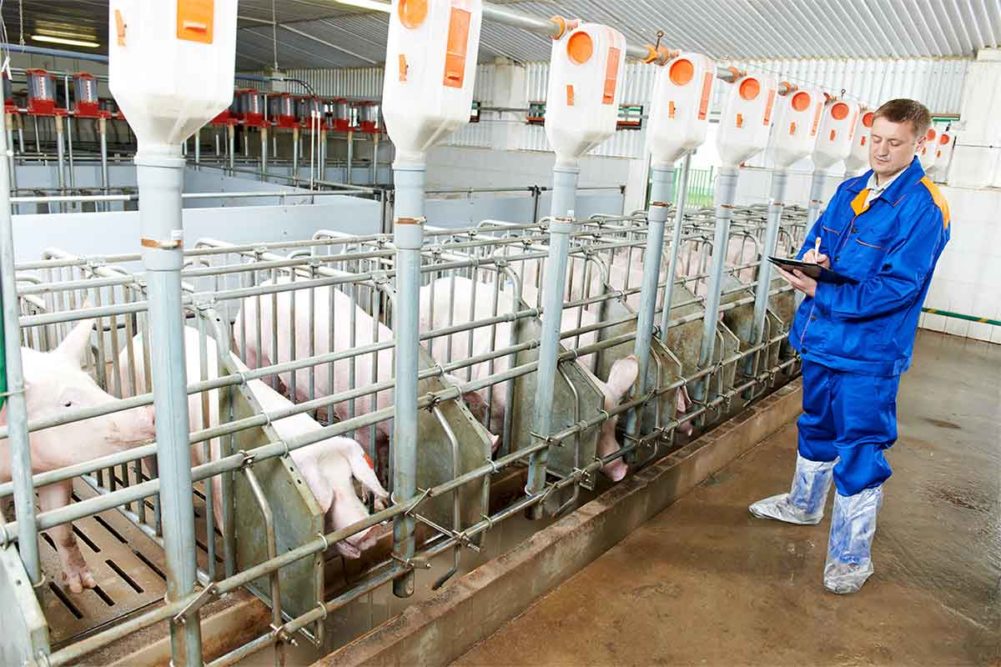Many times, I have addressed the role buyers can play in maintaining high standards for both food safety and animal welfare. In 1999, the audits conducted by McDonald’s, Wendy’s and Burger King greatly improved animal handling and stunning. Unfortunately, in this era of COVID-19 there have been some setbacks.
I recently received an e-mail from a buyer who told me her poultry processor supplier would not allow her to go into the stunning room due to “some laws or requirements that had to be followed.” This was an excuse to keep her out. She can easily follow the “laws” by wearing a hairnet, washing her hands and wearing safety glasses and using earplugs. A yellow safety vest is required in the trucking area. In a beef or pork plant, a hard hat is also required. If I was her, I would buy my own personal protection equipment and show up at the plant. She is the buyer, and she needs to see everything. However, at this time, avian influenza would be a legitimate reason to keep visitors out of the farms. The farm can still be visited virtually using Facetime. To check for an overstocked building, the producer could walk through the barn with their phone. Eventually, some live visits will be required because it is too easy to hide something bad.
One of the differences between the dairy industry and other industries such as poultry, beef or pork, is that the milk cannot be traced back to its source. All the milk from many different farms is mixed together at the processing plant. There is a tendency for some producers to use this lack of traceback to resist making improvements to comply with industry guidelines. This is especially a problem when the company has to meet heavy demand for their product and supplies are tight. In one case, a representative of the buyer was present when a third-party independent audit was being conducted. This representative challenged and questioned everything the auditor asked about or looked at. He constantly told the auditor that he should not be consulting. The representative was clearly bullying the auditor.
Seeking solutions
Third-party auditors are taught in PAACO training that they cannot serve as consultants. One of the problems that both small farms and slaughter plants have is they may not know how to fix some of their problems such as a slippery floor or a stunning failure. If I was the owner of a small plant, I would become very frustrated if I knew that an auditor knew how to fix a slick floor and would not tell me.
The best remedy for this problem is for the auditor to refer the manager to the closest university extension office or to websites that have lots of information. It should be clear that there are many different ways to correct slipping and falling. In my own consulting business, I have become a lot less prescriptive. I tell people that there are many options ranging from special mats, grooved concrete, steel rod grids or epoxy grit finishes.
An auditor should definitely tell a farm or plant manager when their practices are clearly not compliant. For example, if composting dead animals is a requirement, the auditor can tell a producer that certain practices such as a pile of dead animals in an open mortality pile is not composting. Telling the producer exactly how to do composting is clearly consulting. Telling a producer to learn about compositing laws in their state or contacting their university extension service is not consulting. In many small operations, the manager or owner needs some guidance because they may not know how to find the information they need.


